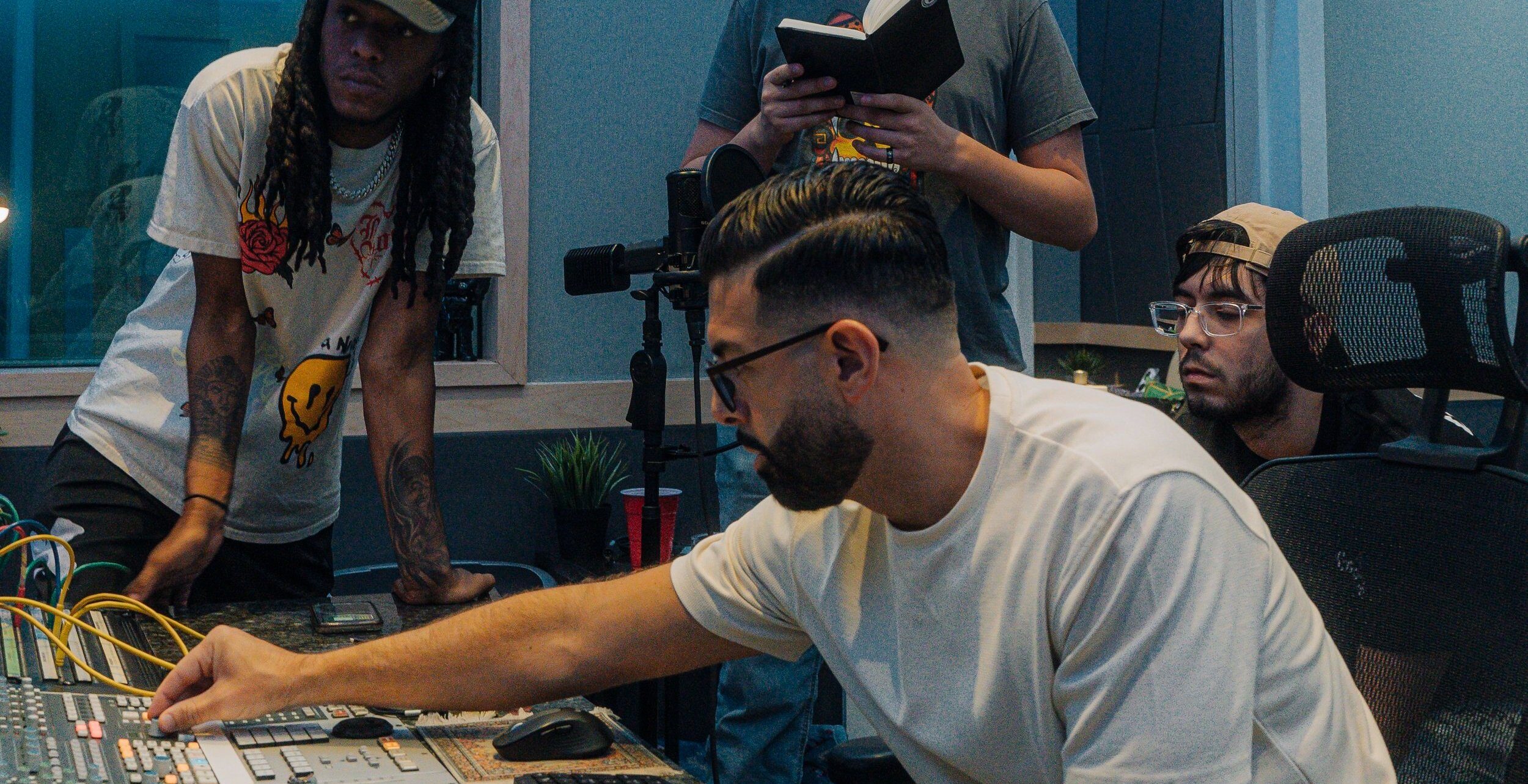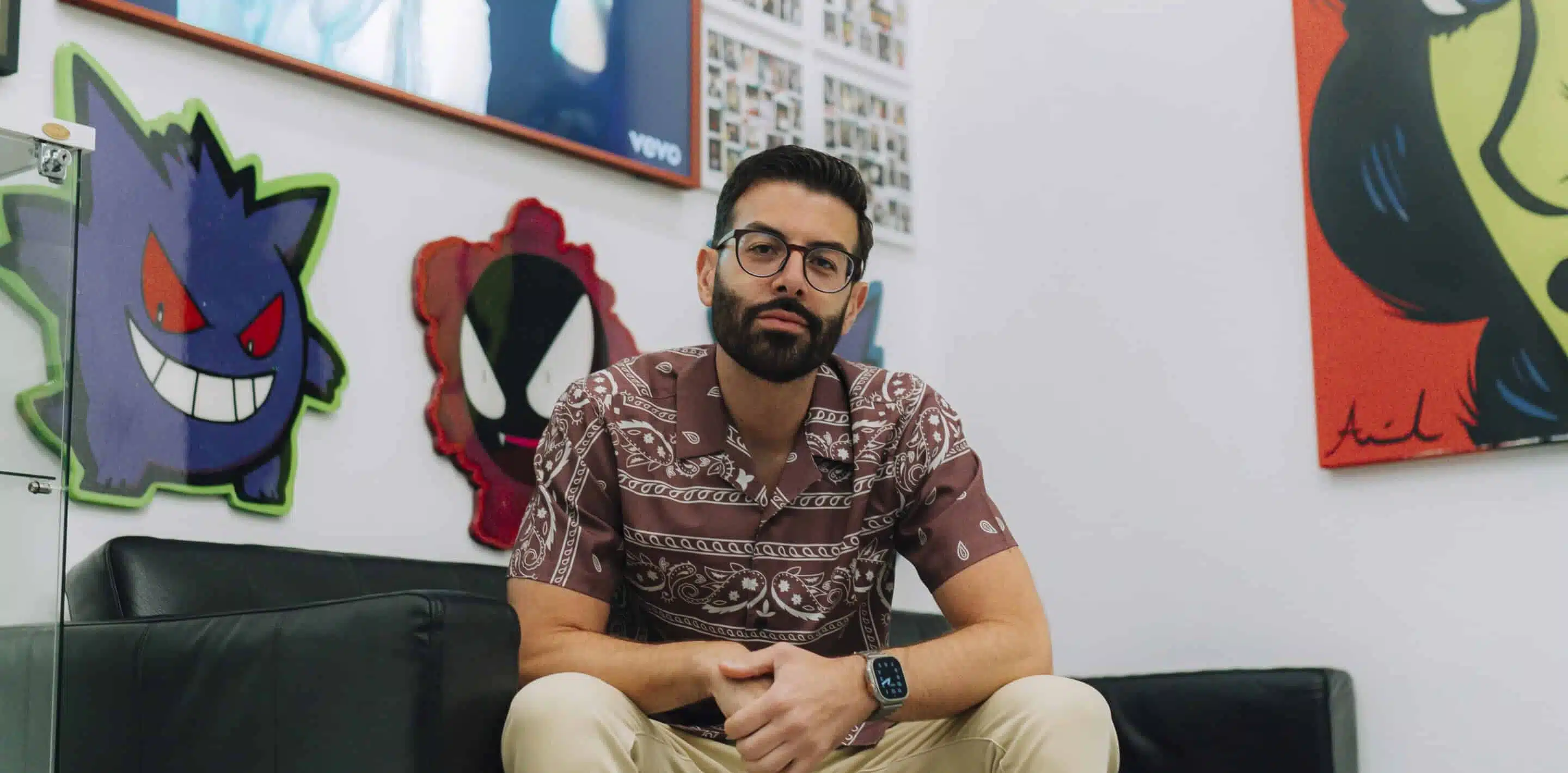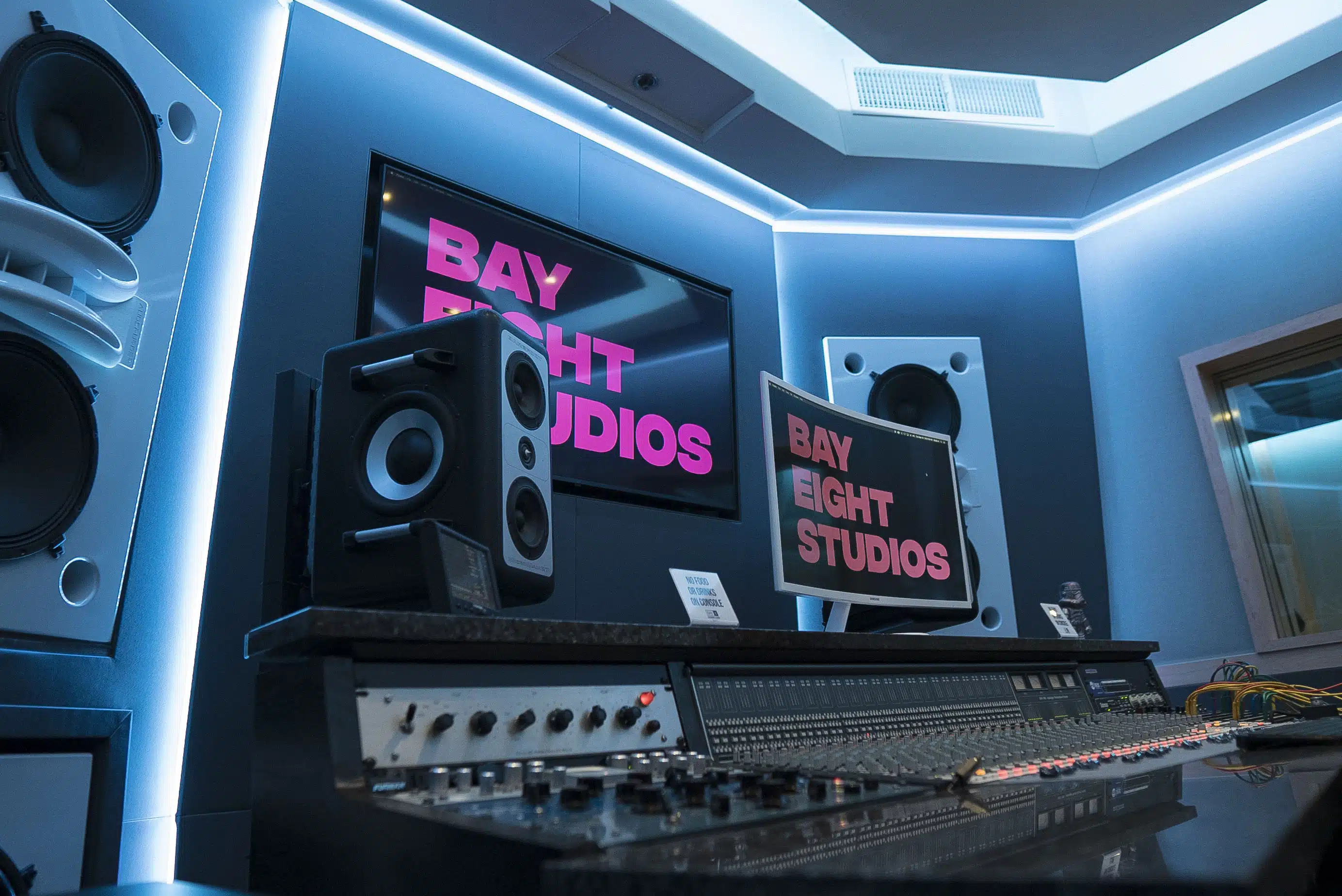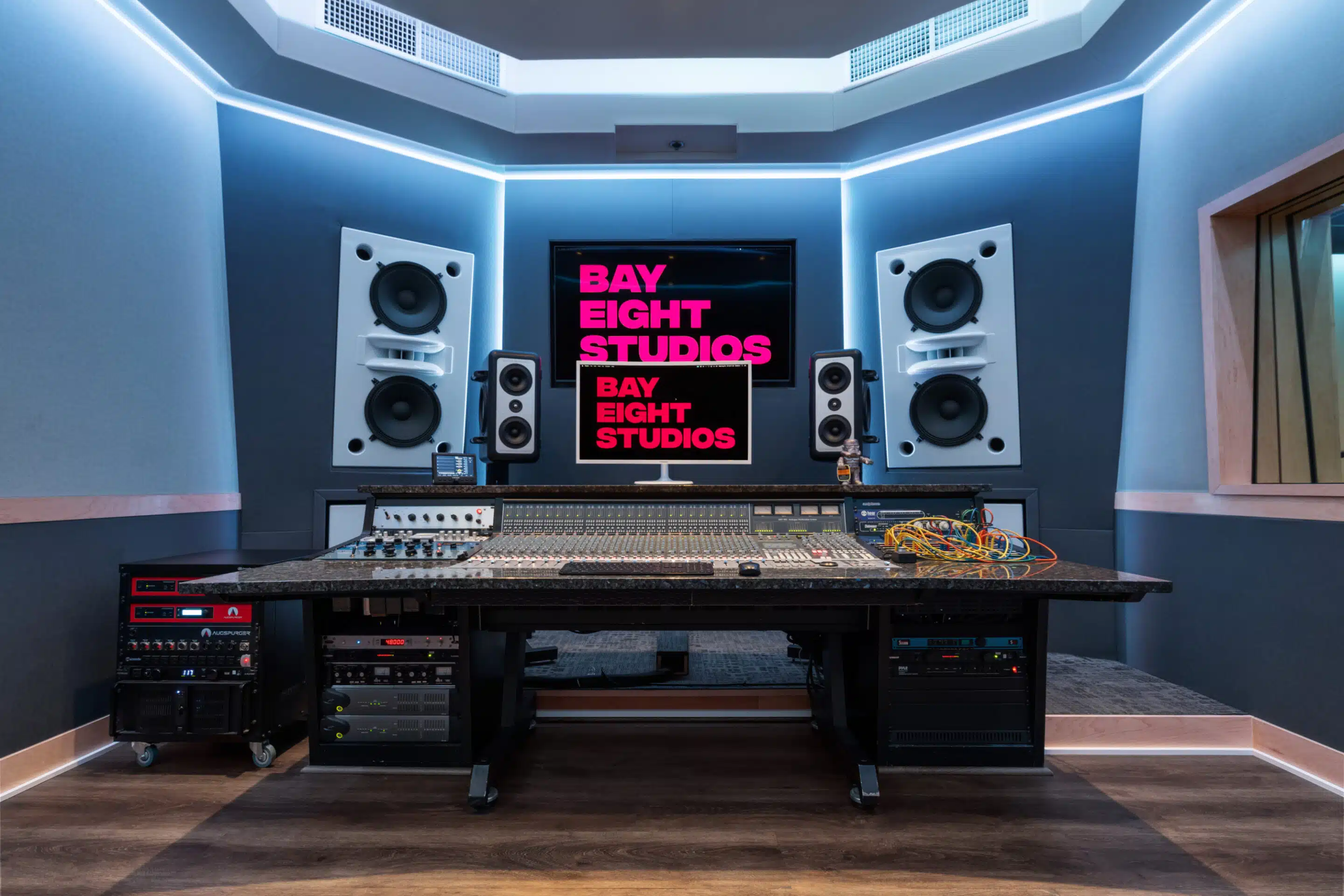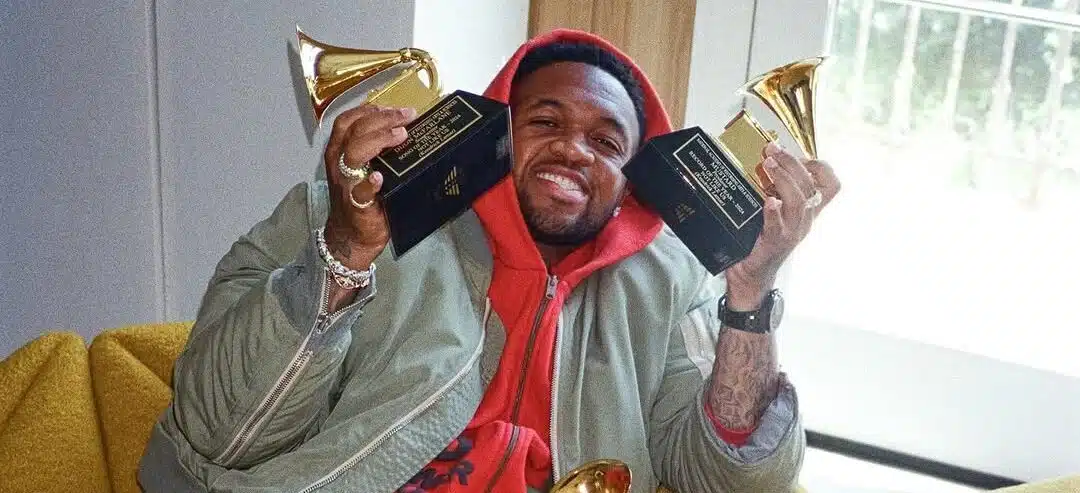Top 5 Music Publishing Companies: The Ultimate Guide
We know that for indie musicians, the search for more streams of income never stops. Signing to a music publishing company can be a great way to make your music career more sustainable. Similar to a record label, music publishing companies aim to expand their artists’ reach. Music publishers present artists with lucrative licensing opportunities, take over the logistics of royalty collection, etc. While record labels focus on marketing artists to consumers, publishers market their artists to businesses. Advertisers for major brands, music supervisors for film and television, and even other artists looking to sample songs pay music publishers for the opportunity to use their artists’ work. After taking their cut, these publishers then pay the original artists.
There are many different types of music publishing deals. ASCAP breaks them down into these categories: Individual Song Agreement, the Exclusive Songwriter’s Agreement, the Co-Publishing Agreement, the Participation Agreement, the Administration Agreement and the Foreign Sub-Publishing Agreement. We won’t get into the differences between these here, but let us know if you’d like a detailed article on the different types of music publishing deals. For now, let’s start simple. Here is an introduction into the top 5 music publishing companies you should know about.
No. 5 Sony Music Publishing
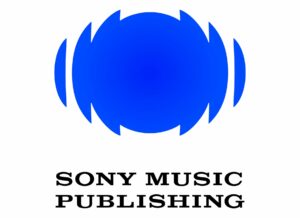
The size of this industry titan is also its Achilles heel, as it’s a challenge getting Sony to even listen to your music as an indie artist. Like most major music publishers, Sony does not accept unsolicited material. Don’t fret, stick around and we’ll share with you why you’re better off with an indie publisher.
No. 4 – BE Music Publishing
BE Music is a one stop licensing boutique created by our founder, Matthew DeFreitas. Like Bay Eight Studios, BE Music is based in Miami, FL. Rather than prioritizing an “industry standard” catalog with music made for advertising, BE Music believes “brands should follow art, not the opposite.” Additionally, BE Music holds capabilities in music publishing by providing producers with high-level placement opportunities.
Our network includes music supervisors, ad agencies, and some of the world’s biggest brands. Our aim is to bridge the gap between independent artists and major brands. We’ve previously collaborated with Netflix, Paramount, Warner, and many others. Unlike larger publishing companies, we limit the number of projects we handle at a time. This allows us to maintain a personalized relationship with our clients.
Our submission process is straightforward. Our indie ethos means that your music won’t get lost in a catalogue of hundreds of thousands of songs by some of the biggest artists that have ever lived. We have total faith in your music, but it’s pretty hard to get noticed in a catalogue that includes “Tiny Dancer” and every Adele album. We may be biased, but we think our personalized approach and far reaching connections make us the “best of both worlds” option for any indie artist.
No. 3 Universal Music Publishing Group
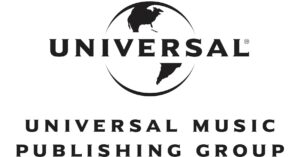
The details of publishing deals can vary widely, and major publishers unfortunately do not publicly share this information. But thanks to Universal’s impressive international presence, a publishing deal with them is bound to be lucrative for anyone lucky enough to be offered one.
No. 2 Warner / Chappell Music

Warner / Chappell boasts a 200 year history in the music business, and the rights to works by over 70,000 songwriters and composers. Along with UMPG and Sony Music Group, it is approximated that these three major publishers have the rights to over 10 million songs. Warner / Chappell Music certainly has a great deal of experience in the music industry. However, their mammoth size makes it difficult for up and coming artists to get the level of attention that indie publishers are able to provide.
No. 1 Kobalt Music Publishing
Since starting in 2000, Kobalt Music Publishing has seen explosive growth. Kobalt has offices across the United States in Los Angeles, Miami, Nashville, and New York. It has also established an international presence with a handful of offices outside of the US, including one in Hong Kong. Their roster includes Paul McCartney and The Weekend, as well as indie darlings like Wolf Alice and Del Water Gap.
On average, Kobalt currently represents over 40% of the top 100 songs and albums in the United States and United Kingdom. This relatively young company was designed to adapt to the ever-changing music industry. Their in-house music collection platform, AMRA, strives to create a transparent and seamless royalty collection process for Kobalt’s artists. Many of the largest music publishers have faced complaints over a lack of transparency and inefficient systems. Kobalt’s impressive growth illuminates why even major artists are choosing smaller publishers.
Conclusion
The music business can be quite overwhelming, especially if you’re an indie artist trying to figure it out on your own. There are many ways to make money as an indie artist, but we understand that some of them may seem out of reach We hope learning about these top 5 music publishing companies has illuminated one of the many options available to you. Has this article unobscured the music publishing aspect of the industry for you? We know there is certainly more to learn! What aspects of the music industry do you all find the hardest to understand? We’re happy to share our knowledge, and help you in sustaining your indie music career.




